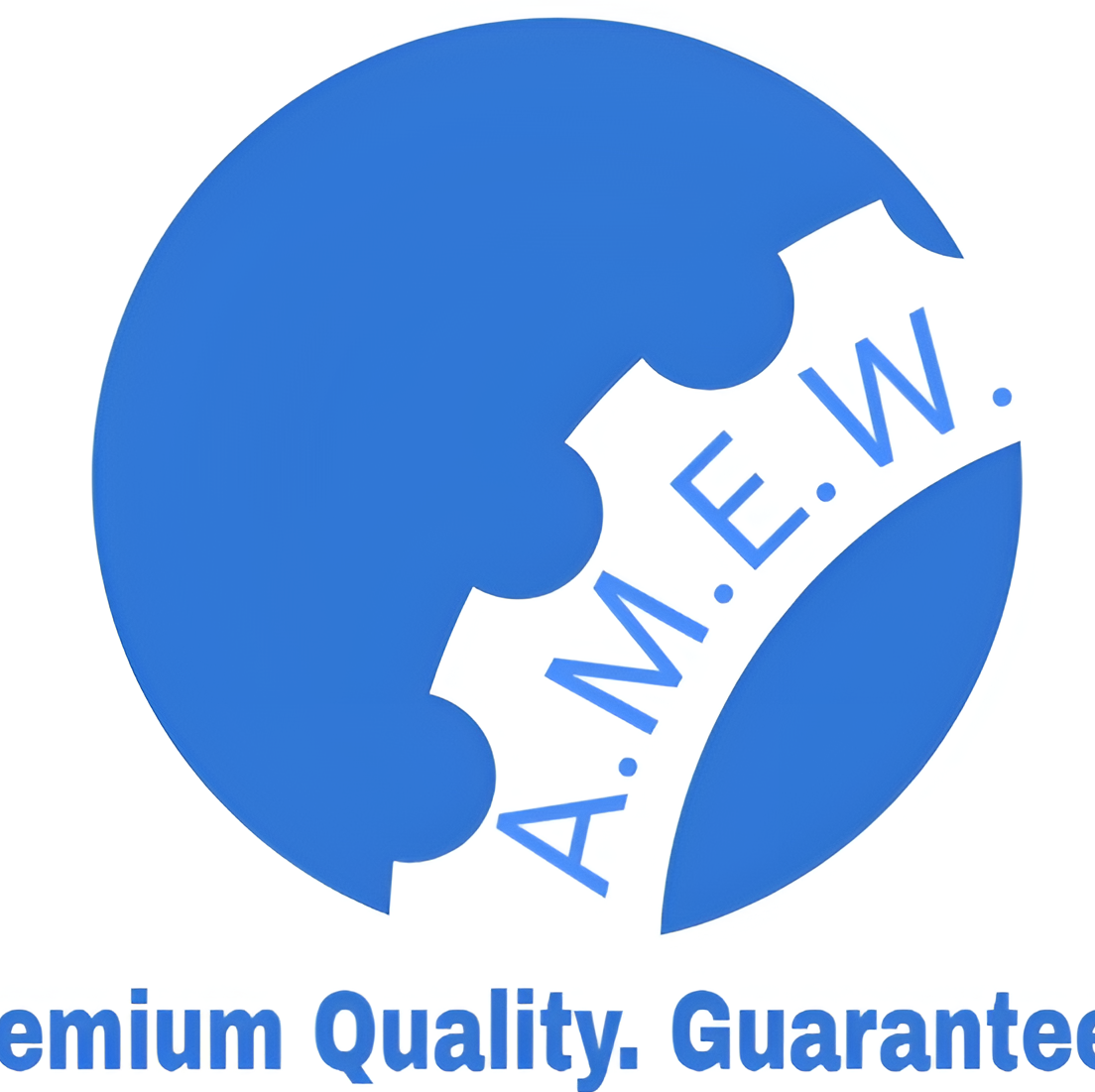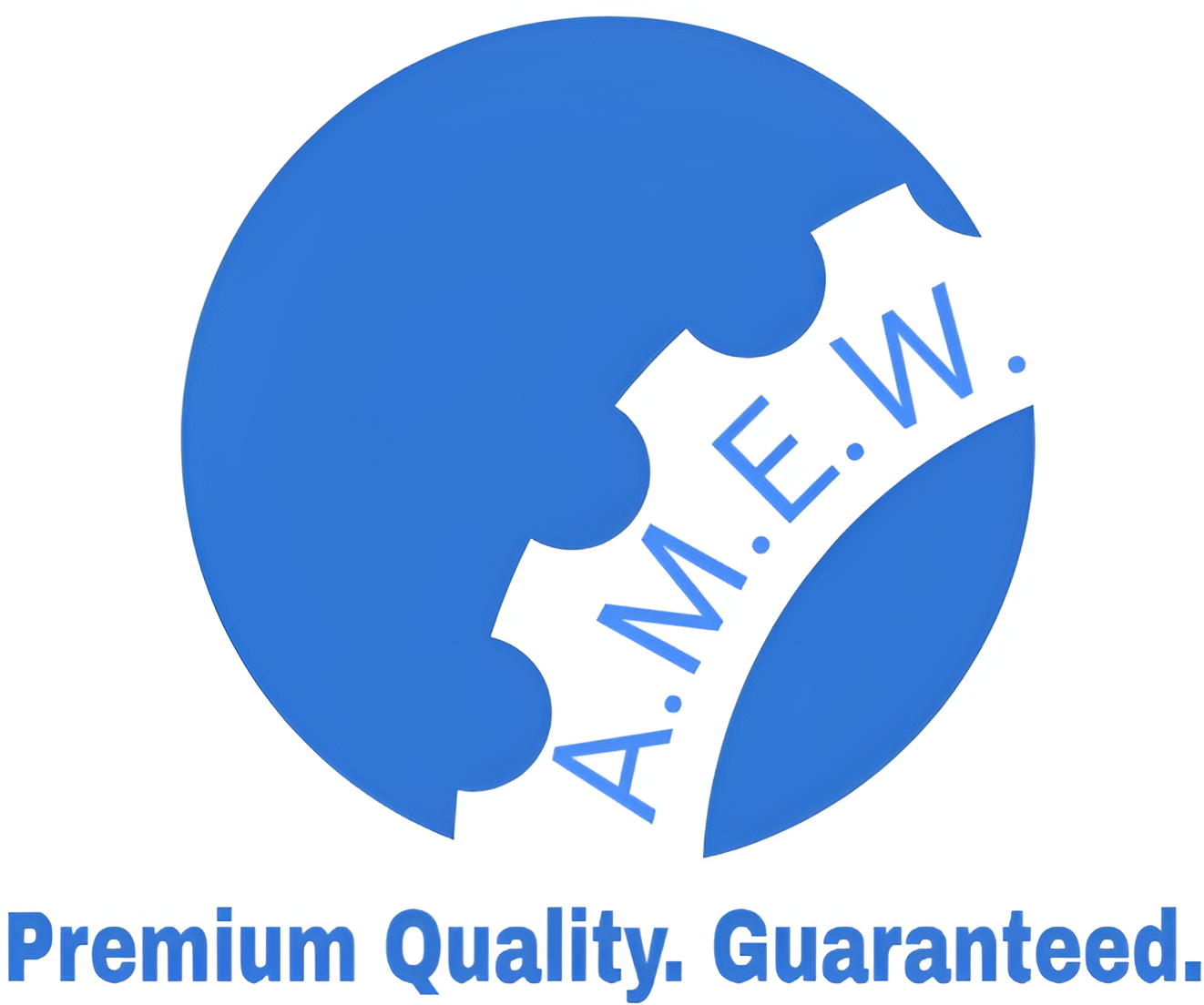The Ultimate Guide to Custom Forged Crankshafts
Crankshafts may not be the most glamorous components of an engine, but they are undeniably its backbone. Especially in industries like automotive, aerospace, and heavy machinery, the quality and performance of a crankshaft can define how well a machine operates. When it comes to getting maximum performance, durability, and precision, opting for a custom forged crankshaft is a game-changing decision.
This guide explores why custom forged crankshafts are essential, what to consider when choosing a manufacturer, and the intricate process that goes into forging these critical components. Whether you’re in motorsports, marine engineering, or industrial manufacturing, you’ll learn why custom crankshafts are worth the investment and how to ensure you’re receiving the best product possible.
What Are Custom Forged Crankshafts?
A custom forged crankshaft is a highly engineered component designed to meet specific engine requirements. Unlike standard or cast crankshafts, which are mass-produced, custom forged crankshafts are designed and manufactured from scratch to ensure superior performance and durability.
Key Features of Forged Crankshafts:
- Made from billet steels or alloy materials known for their strength.
- Forging involves compressing the metal under extreme forces, refining the grain structure.
- Customized dimensions and specs tailored to the unique requirements of an engine.
These crankshafts are engineered not just to fit the engine but to optimize its power output, longevity, and overall reliability.
Benefits of Choosing a Custom Forged Crankshaft
Why go custom? Here are the top reasons a custom forged crankshaft can outperform alternatives:
1. Superior Strength and Durability
Forging compresses and realigns the grain structure of the metal, making it denser and significantly stronger compared to cast components. This process minimizes the chances of fractures or defects, especially in engines operating under high stresses like racecars or industrial compressors.
2. Precision Tailoring
Every engine has unique demands. Custom crankshafts allow for:
- Exact dimensions to fit specific applications.
- Adjustments for weight balancing, which reduces vibrations.
- Modifications designed for increased horsepower and torque.
3. Improved Performance
A custom crankshaft is an investment in the efficiency and output of your engine. Better energy transfer and smoother operation can lead to increased fuel efficiency and prolonged engine lifespan.
4. Enhanced Reliability
Custom forged crankshafts perform better under extreme temperatures and stresses, making them ideal for industries such as aerospace or motorsports, where failure is not an option.
By choosing bespoke over off-the-shelf, you’re equipping your engine with a part that’s built for your exact needs, rather than settling for generalized specifications.
Factors to Consider When Selecting a Manufacturer
Not all manufacturers are created equal, and the choice of where you source your custom crankshaft is as important as the component itself. Here are some key factors to evaluate:
1. Expertise and Reputation
Look for manufacturers with proven experience in forging crankshafts across a range of industries. Check customer testimonials and case studies to ensure they have a track record of success.
2. Material Options
The right material can make or break a crankshaft’s effectiveness. A good manufacturer will offer high-grade steels, alloys, or other materials tailored to your specific application.
3. Technological Capabilities
Manufacturers equipped with modern facilities, CAD design technologies, and precision machining will deliver higher-quality components.
4. Quality Control and Testing
Select a company that adheres to global quality standards such as ISO certifications and invests in rigorous testing procedures to ensure every crankshaft is flawless.
5. Lead Times and Delivery
Custom parts often require tight deadlines. A reliable manufacturer should deliver high-quality components within your project timeline.
How Custom Forged Crankshafts Are Made
Understanding the manufacturing process gives you confidence in the product’s quality. Here’s a step-by-step look at how custom forged crankshafts come to life:
1. Design and CAD Modeling
The process begins with detailed discussions between engineers and the client. Technical specifications like dimensions, weight, and balancing are fed into CAD software to create a precise digital design.
2. Material Selection
The right material is chosen based on application requirements. For instance:
- 4140 steel for general durability.
- 4340 steel for high-performance applications like racing or aerospace.
3. Heating and Forging
The selected alloy is heated to its forging temperature and shaped under immense pressure using dies. This step compresses the material’s grain structure, enhancing its strength.
4. Precision Machining
After forging, the crankshaft undergoes machining to meet exact tolerances. Processes such as CNC machining and grinding ensure balance and uniformity.
5. Heat Treatment
The crankshaft is treated to improve hardness, toughness, and wear resistance, making it ready to withstand extreme engine conditions.
6. Quality Testing
State-of-the-art equipment like ultrasonic testing, magnetic particle inspection, and hardness testing ensure that the final product meets rigorous performance standards.
Quality Control and Testing Procedures
Quality assurance is non-negotiable when it comes to crankshafts. Rigorous testing ensures that every part leaving the factory is flawless. Common tests include:
- Non-Destructive Testing (NDT) to detect internal flaws.
- Dynamic Balancing to minimize vibrations during operation.
- Metallurgical Testing to analyze the uniformity and composition of the material.
Only components that pass these stringent tests are shipped, ensuring optimal performance and safety.
Real-World Applications of Custom Forged Crankshafts
From high-performance engines to heavy-duty industrial machines, custom forged crankshafts have found applications across various domains:
- Motorsports: Delivering high torque and efficient power transfer for competitive racing.
- Aerospace: Ensuring the reliability and safety of aircraft engines.
- Marine: Supporting high-endurance operations in ships and submarines.
- Energy: Maintaining reliability in power generation equipment like turbines and generators.
Case Study
A motorsports team approached us with their performance woes. Their standard crankshaft was failing under the stress of prolonged racing conditions. After switching to a custom forged crankshaft designed for high RPMs and balanced torque, they not only saw a 20% improvement in performance but also eliminated recurring failures.
Why Choose Us for Your Custom Forged Crankshaft Needs
At [Your Company Name], we bring unmatched expertise and cutting-edge technology to every crankshaft we manufacture. Here’s what sets us apart:
- Decades of Experience helping industries achieve peak performance.
- Advanced CNC and forging facilities to meet exact specifications.
- Custom-tailored solutions designed for optimal results in your specific application.
- Commitment to Quality through ISO-certified manufacturing processes and extensive testing.
Join the growing list of customers who trust us as their go-to supplier for high-quality crankshafts.
Future of Custom Forged Crankshafts
As industries lean toward sustainability and efficiency, custom forged crankshafts are evolving to meet these demands. Emerging technologies, such as 3D printing, advanced alloys, and AI-driven design, are set to redefine what’s possible.
Investing in a custom forged crankshaft is not just about improving today’s engine; it’s about preparing for the innovations of tomorrow.
For tailored solutions and expert guidance, contact us to discuss your requirements. Let’s drive your engine’s performance to new heights.

